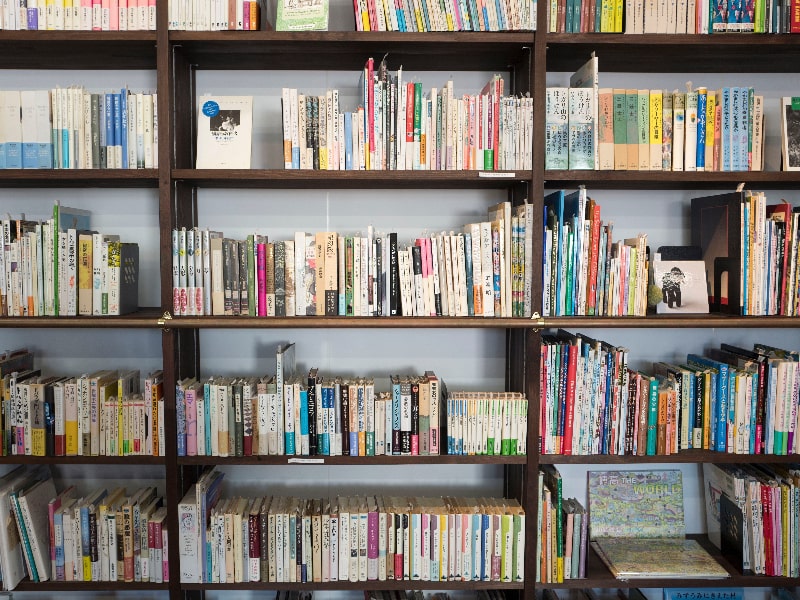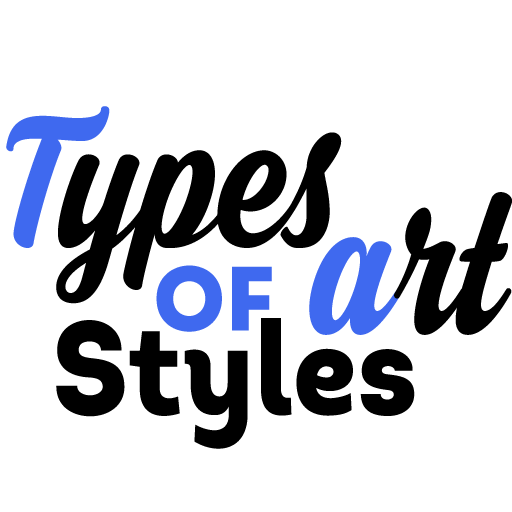French literature: what it is, how it develops, authors, works, characteristics and more
Contents
What is French literature?
We speak of French literature to refer to all literary production that is written in French and that is written by authors born in this country. However, French literature does not ignore literary works written in other languages used in France.
Particularly, French literature had a great impact on the early stages of the development of universal literature and will become one of the main points of reference for authors of posterity in other areas of the world, highlighting in its content a great variety of genres and styles with universal works and authors of great recognition.
History and origin of French literature
The origin of what we now call French literature goes back, like Spanish literature and Italian literature, of which we have already spoken and which you can find in our Literature section, to the period of the Middle Ages, a time when Latin generated a series of Romance languages with a common root, among them French. Thus, the first text known as part of French literature will be the “Oaths of Strasbourg”, a text that appears in the ninth century. However, it is at the beginning of the 11th century that an increase in literary production begins to be seen.

During the Renaissance period, a period that would take place in France in the mid-sixteenth century, French literature is distinguished by an interest in intellectual matters that focuses on aspects such as the criterion of the human being, as well as freedom of thought, these two elements will be crucial for the literary production of this time. Thus, from this moment on, genres such as poetry experienced important renovations by authors who adapted the classical models to the French language with neologisms and sarcasm.
Towards the middle of the 17th century, with the rise of the Baroque in France, literature underwent another important change as it consolidated itself as a defender of classicism, a movement inspired by the patterns of classical antiquity and opposed to the precepts of baroque, thanks to which, by the Ancien Régime, literature began to consolidate itself as one of the most dominant within the European continent. In this way, classicism in France stands out for its theatrical representations, as well as for its production in other genres of literature.
Towards the 19th century, French literature will be marked by different movements and styles that emerge in the continent, such as naturalism and realism, especially, although there also appear other aspects that generate interest on the part of writers of the time, such as romanticism, from which authors such as Chateaubriand, Madame Stael, George Sand, Victor Hugo, among others, emerge. Later, towards the 20th century, the French language began to expand, due to events marked by French colonialism in Africa, the Middle and Far East, and America.
Development of literature in France
During its origin, three manifestations of French literature stand out, among them we find the following:
Cantar de gesta
It will be one of the manifestations that achieves great recognition, since they are born in the past warrior tradition. They are epic poems whose content is directed to the adventures and exploits of important heroes. The cantares de gesta were sung by minstrels, artists who went from town to town, especially during the Middle Ages, singing the stories in exchange for money or food in castles and public areas.
Lyric
This genre, in France, will be created by troubadours who followed the ideal of courtly life, who composed both the music and the lyrics. Often the theme they will deal with will be courtly love, which is mainly characterized by the idealization of the lady. Through lyric poetry, French literature developed works in pastorelle, among other formats.
Chivalric poem
This third literary manifestation was born in the courts of the north of the country and also received the name of -roman courtois-. Particularly this manifestation will work not only verses about courtly love, but also includes subjects of antiquity among which figures such as Alexander the Great stand out, as well as Celtic myths. This genre will be of great importance for the development of French literature, since it will have an impact on literature developed in other parts of the continent.
On the other hand, we find fundamental advances in other genres:
French theater
At the height of French classicism, the theater takes an important part of the literary development since it concentrates on the production under the rule of the three units, in addition to including a moral function. Classical tragedy marked by the style of the nobility fits with themes that refer to Greco-Latin antiquity, as well as themes from the Bible. On the other hand, authors such as Corneille, will work a rhetorical style focused on the soul of the characters, and the theatrical psychological realism, proposed by authors such as Racine.
In this sense, the comedy, an important part of the theatrical representations will rest on the satire towards the aristocracy, as well as the members of the high bourgeoisie of the time that generates the appearance of characters that will be used in universal works.
Prose
One of the most important particularities of the prose of French literature has to do with the fact that it often stands out for its clarity, which is evident in the works of authors such as Descartes, specifically in “Discourse of the Method”.

Characteristics of French literature
Among the most important features of French literature we can highlight the following:
Use of stylistic figures: one of the most important aspects of French literature, especially by its most important representatives, will be the constant presence of stylistic figures, within which it is possible to frequently find metaphors, euphemisms, metonymy, satire, anaphorae, contrasts of ideas, among others.
Importance of reason: with the death of Louis XIV in 1715, what was known as the age of reason began, since reason was precisely the main characteristic of the era, sponsored by writers who began to fight and question the authority of both the king and the Church. At this time, writers become independent from the court and begin to be interested in politics in terms of concepts and religious and social aspects, a situation that will give rise to important essayistic works, mainly.
In addition to this, faith is stripped of the austerity in which the renunciation of reason for God was considered. The authors will defend that reason will be the key to the improvement of the conditions of human life on Earth.
Currents and movements: before the 20th century, French literature is characterized by containing a great variety of works that were linked both to the currents and literary movements that took place in the European continent, so that it becomes the home of authors representing these movements that will be fundamental for the literary development not only in this region, but also in other regions of the world. This reflects the cultural mix in which Roman, Germanic and Celtic culture is included.
No movements in the 20th century: one of the most important characteristics of the most recent French literature has to do with the fact that an important part of the writers of the 20th century have decided to move away from the previous literary movements, so that they do not define themselves under any school. This will be the most important trend in literature by French authors.
Among the main authors, especially of poetry in the French Renaissance we find Pierre de Ronsard, Joachim du Bellay, Clément Marot, Théodore Agrippa d’Aubigné, in prose there is Marguerite d’Angoulême, Montaigne, Rabelais, plays by Etienne Jodelle, the poet Vincent Voiture, authors of tragedy as Pierre Corneille, Jean Racine, comedy by Molière, plus other authors such as: Jean Paul Sartre, Samuel Beckett, Claude Simon, Romain Rolland, Anatole France, Sully Prudhomme, Maurice Maeterlink, Patrick Modiano, André Gide, Henri Bergson, Roger Martin du Gard, Jean-Marie Gustave Le Clézio, among others.
Among his main works throughout history, we find the following: “The Princess of Cléves” by Madame de La Fayette, “Candide” by Voltaire, “Jacques the Fatalist” by Denis Diderot, “Sentimental Education” by Gustave Flaubert, as well as “Madame Bovary”, “Les Miserables” and “Our Lady of Paris” by Victor Hugo, “In Search of Lost Time” by Marcel Proust, “The Maids” by Jean Genet, “The Stranger” and “The Plague” by Albert Camus, “The Nausea”, “The Flies” and “The Paths of Freedom” by Jean Paul Sartre, “The Flowers of Evil” by Charles Baudelaire, among others.
To learn more about the development of literature in other regions, periods or from literary movements and schools, don’t forget to check our literature section, where you will find much more information.
